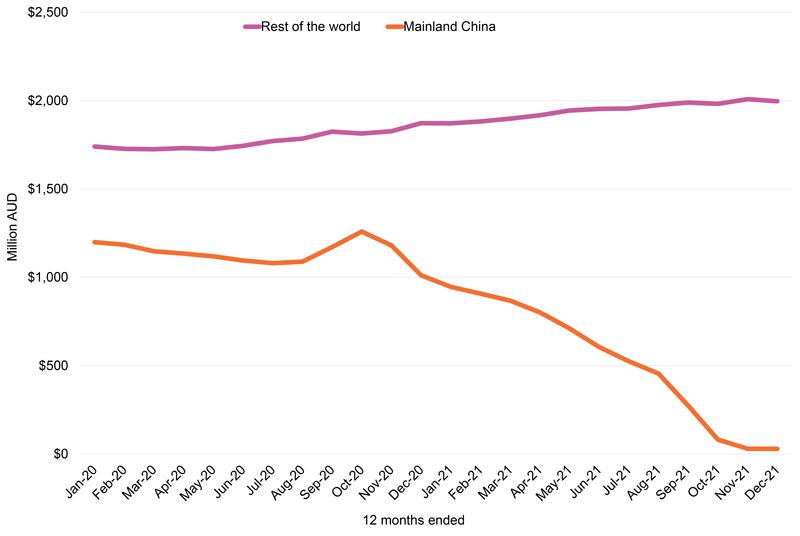Several Chinese state media recently said that the central bank’s extensive liquidity injection this year would inevitably result in significant inflation and a surge in home prices. They encourage people to consider buying a house, as real estate ownership can serve as an effective hedge against inflation. These outlets also stated that the property market has already begun to rebound, with increased transactions occurring in numerous large cities.
However, a China expert points out that large-scale quantitative easing by the Chinese authorities won’t cause significant inflation, as there has not been a corresponding increase in people’s income. It’s also unlikely that Chinese citizens will trust the claim that home prices will go up in the following years.






